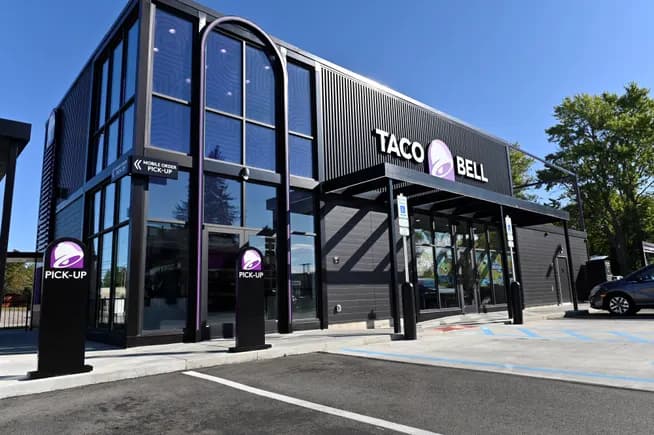Fast Food Workers Stage Nationwide Walkouts, Target Taco Bell and Peers
Thousands of fast food workers staged a coordinated day of action on November 20 across roughly 60 U.S. cities to press for higher pay and the right to organize. The demonstrations, which named Taco Bell among major chains in organizers' sights, highlight ongoing tensions between corporate strategies, franchise operations, and worker demands for predictable schedules and stronger protections.

Fast food workers and labor organizers organized a nationwide day of action on November 20 that spanned roughly 60 cities, aiming to spotlight pay and organizing rights across major restaurant chains. Organizers called for a $15 hourly wage and stronger workplace protections, and they explicitly included Taco Bell, part of Yum! Brands, among the companies targeted. Coverage based on reporting and Associated Press material noted variation in turnout by market and a range of local disruptions.
The demonstrations produced different outcomes depending on location. Some markets saw modest numbers and minimal interruption to service, while others recorded more visible picketing and localized slowdowns around restaurants. News outlets reported examples of disruption that showed how coordinated worker actions can produce real operational headaches for stores, particularly during busy periods. Restaurant Business reported that Yum! Brands did not immediately respond to requests for comment.
The action underscores a core tension in the fast food sector. Major chains set brand level standards and marketing strategies, but many restaurants operate under franchise agreements that give local owners authority over staffing, scheduling, and day to day operations. That split can complicate responses to worker demands and collective actions, because corporate offices may distance themselves while franchisees manage the immediate fallout. For Taco Bell workers, who often work in franchised locations, that structure affects who negotiates wages and who implements schedule changes.
For employees the protests are about more than a single hourly figure. Predictable scheduling, protections from retaliation, and clearer paths to organize are central concerns that influence job stability and income reliability. Employers contend with balancing labor costs against performance targets and market competition, while franchisees face the direct financial consequences of wage increases and potential operational disruptions. Store managers and staff must adapt quickly during days of action, covering shifts and maintaining service while addressing customer concerns.
The November 20 demonstrations also fit into a broader pattern of labor activism in the restaurant industry this year, as workers test collective pressure tactics across multiple chains. For Taco Bell employees and franchise owners the immediate impacts will vary by market, but the event raises questions about scheduling practices, chain level strategies for labor unrest, and the long term costs of failing to address worker grievances. Observers will be watching whether the protests trigger broader organizing drives, prompt corporate responses, or lead franchisees to alter staffing and scheduling policies in the months ahead.

%3Amax_bytes(150000)%3Astrip_icc()%3Afocal(759x574%3A761x576)%2FTaco-Bell-Fan-Menu-hacks-072125-1-e7fcd37ec8ba45209522923ac24c1553.jpg&w=1920&q=75)
